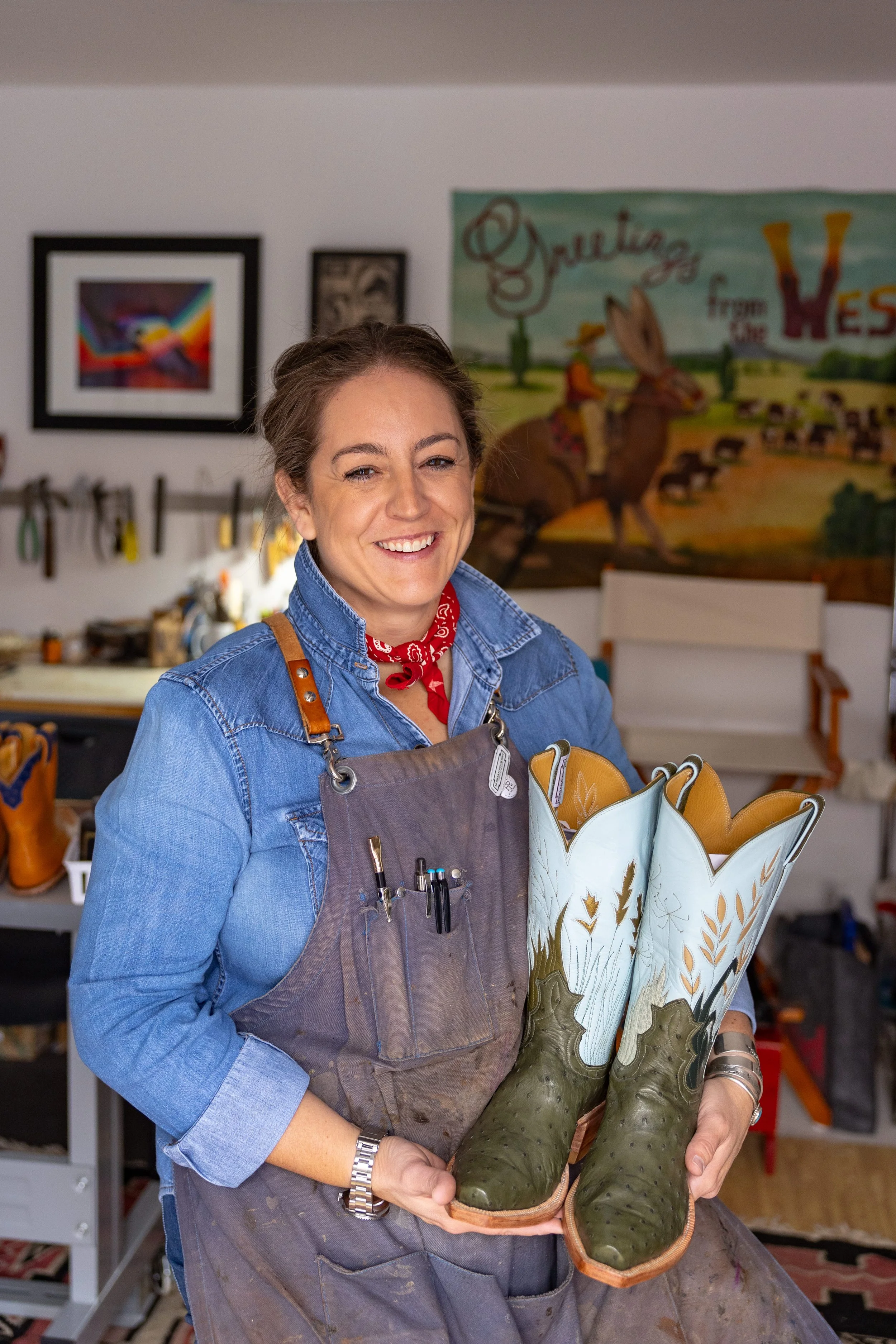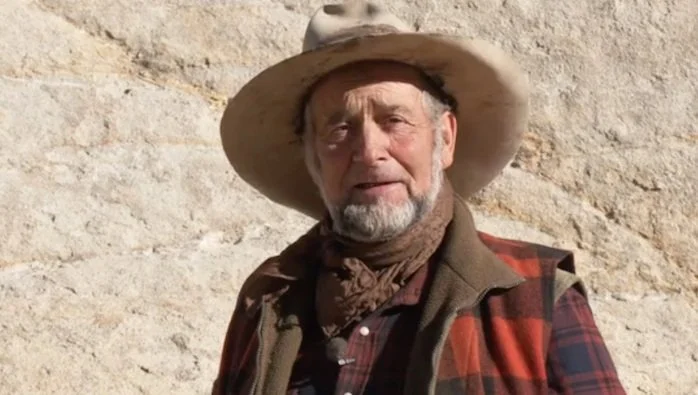John Lomax grew up on a farm hearing the songs of cowboys on the trails and also the songs of freed African American slaves. Something in those two experiences guided him through a life of preserving and valuing those two particular traditions. He was a man of his times, so his attitudes may not jibe with how we see race today; nevertheless, Lomax never wavered from believing that these two musical traditions were essential to the American character. We spent the morning at the Lomax collection at the University of Texas at Austin with John Wheat and folklorist Roger Renwick. They both have studied extensively the life and times of John Lomax and we were able to have a really interesting conversation and interview about the man and his work.
On the drive from Austin to Houston we listened to archival radio shows that were recorded by the Library of Congress narrated by John Lomax. The series The Ballad Hunter brilliantly and unabashedly laid out a rationale for the importance of folk creativity and what it means to a democratic nation to value the voice of the people. It's an inspiring radio show that in our cynical world everyone today should hear.
Downtown Houston is not fun to drive into after the lovely Texas countryside full of spring blooming wildflowers. We checked into a big impersonal hotel and made our way to the offices of the Houston Press, a weekly hip tabloid. There we sat with the great grandson and namesake of our subject, John Nova Lomax. At 40 years old, Lomax is the past music editor for the paper and feels a deep connection to the Lomax name. He loves his city in all its diversity and creative talent and works to bring out the finest talent of Houston. He also has a keen interest in social justice and combines all to carry on the Lomax name.
John Nova Lomax is a journalist for the Houston Press and writes extensively on the new music of Houston and the complexities of one of the most dynamic cities of our century.
Hal Cannon











